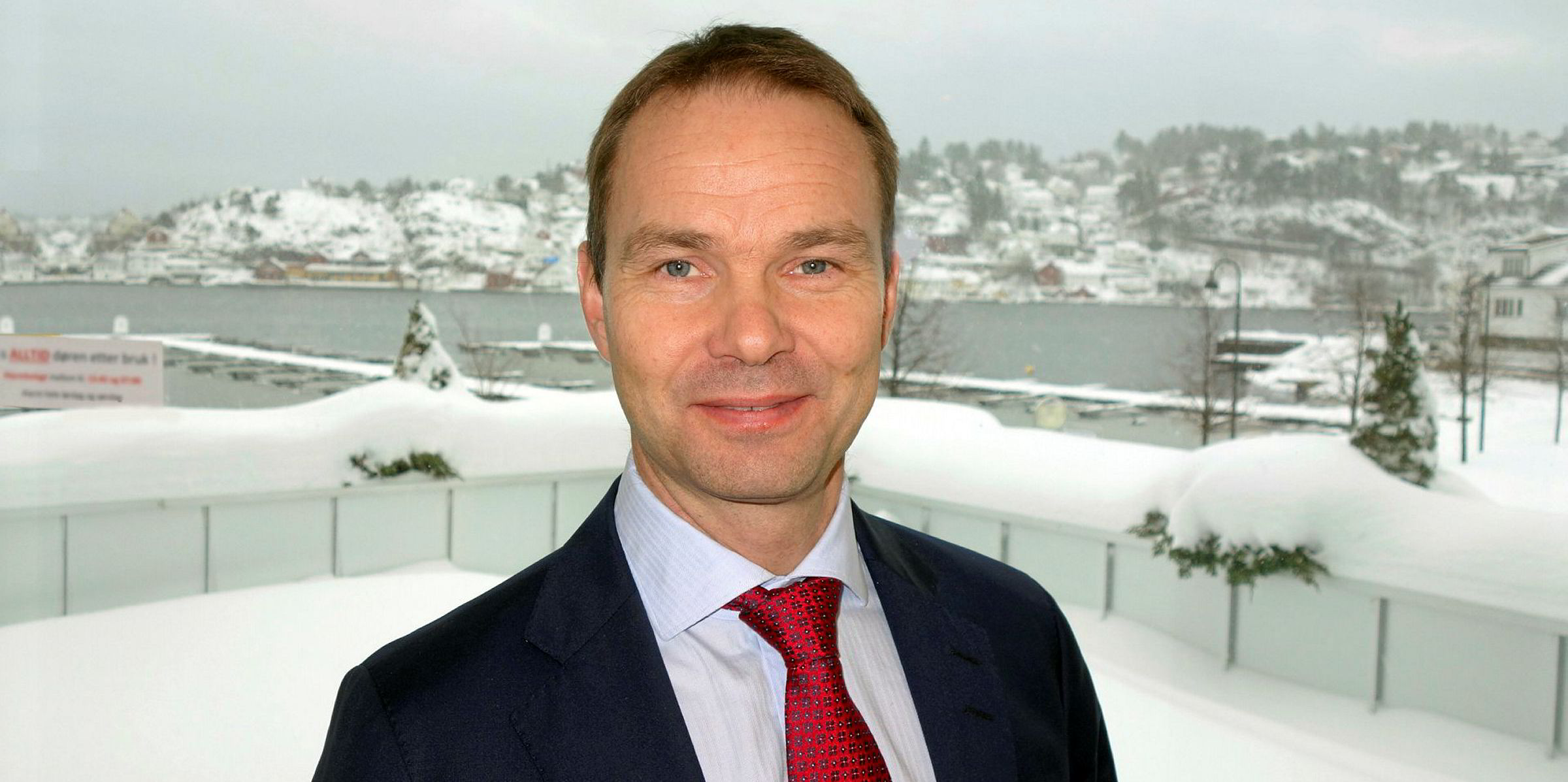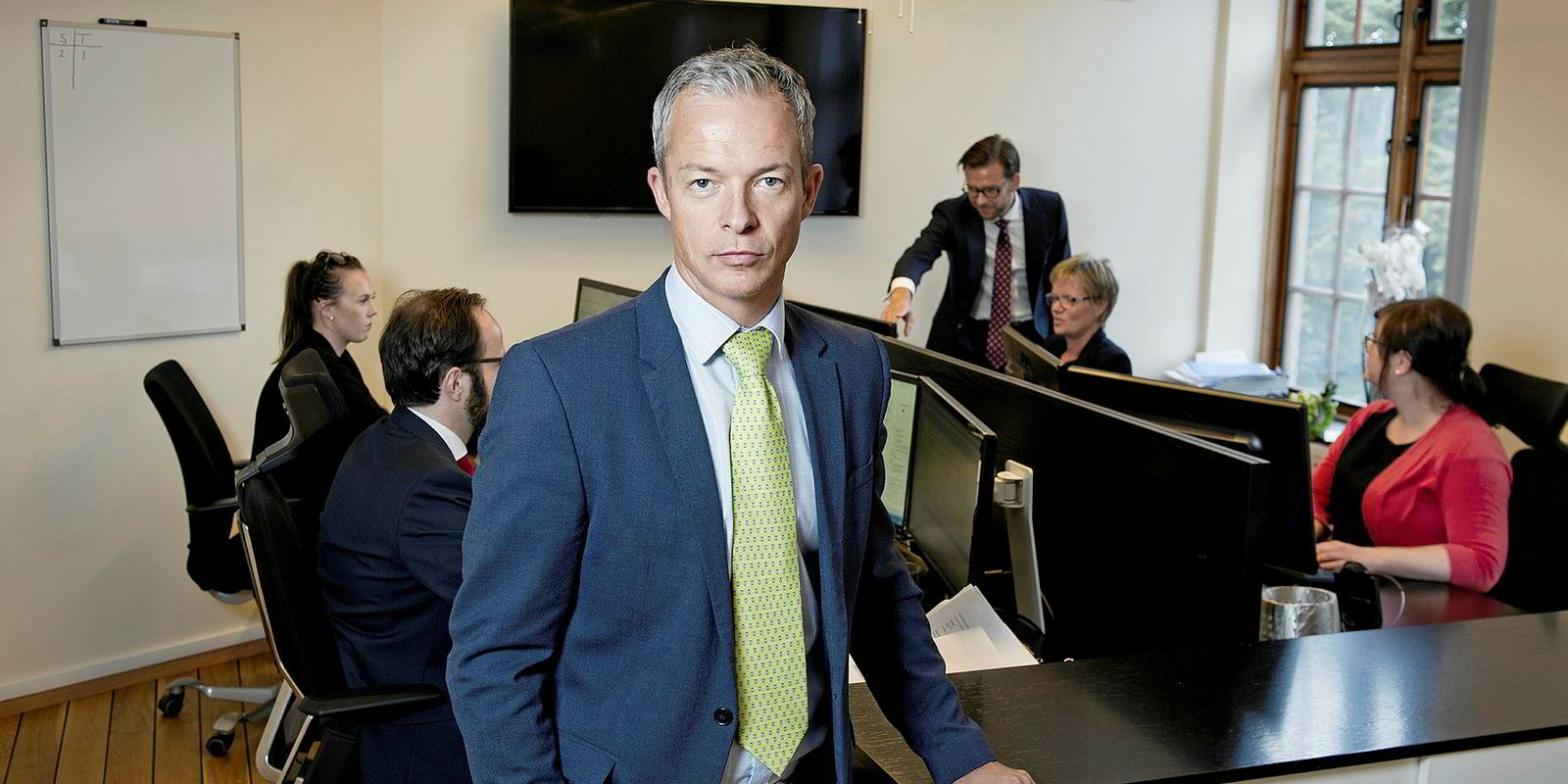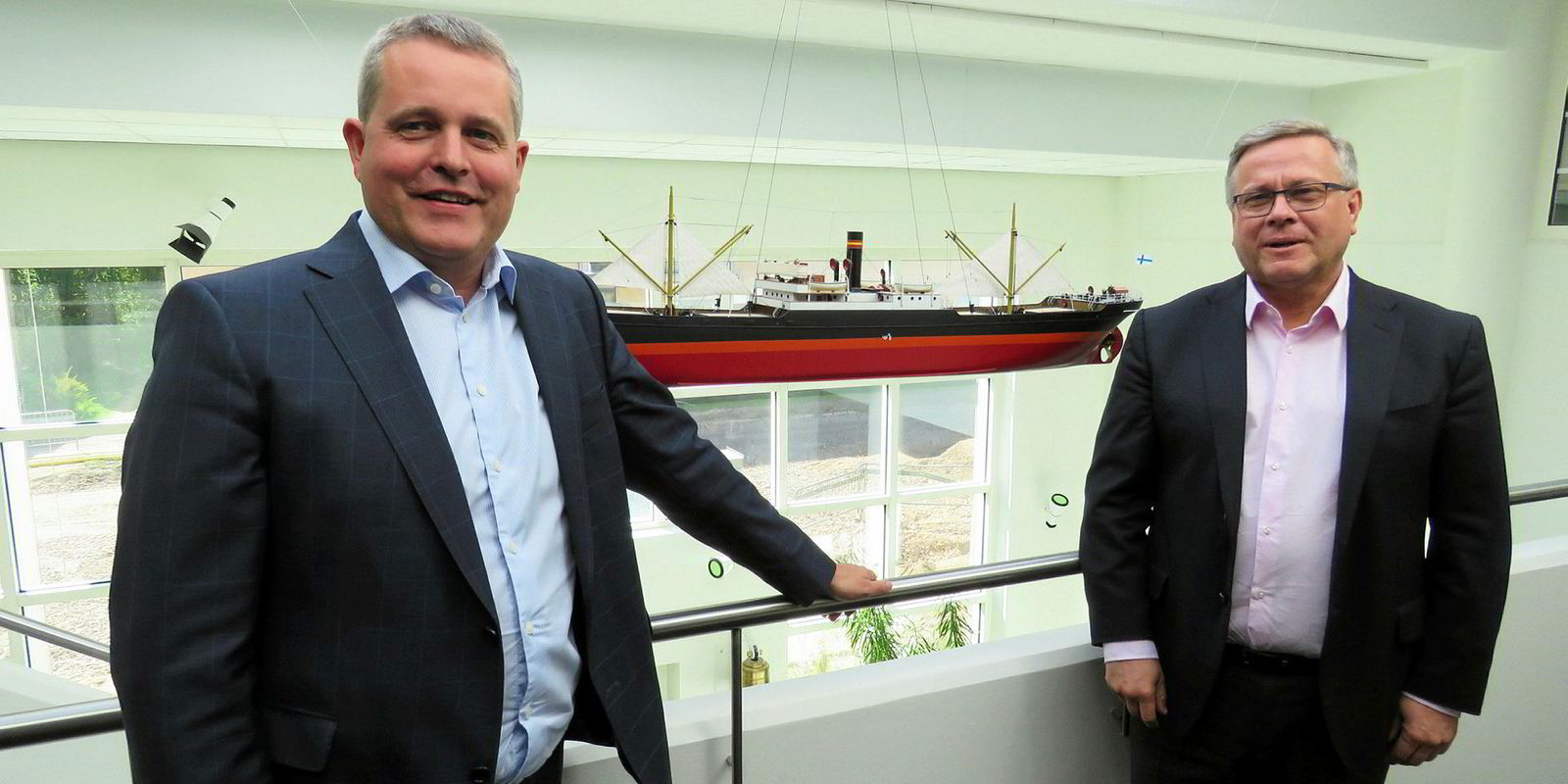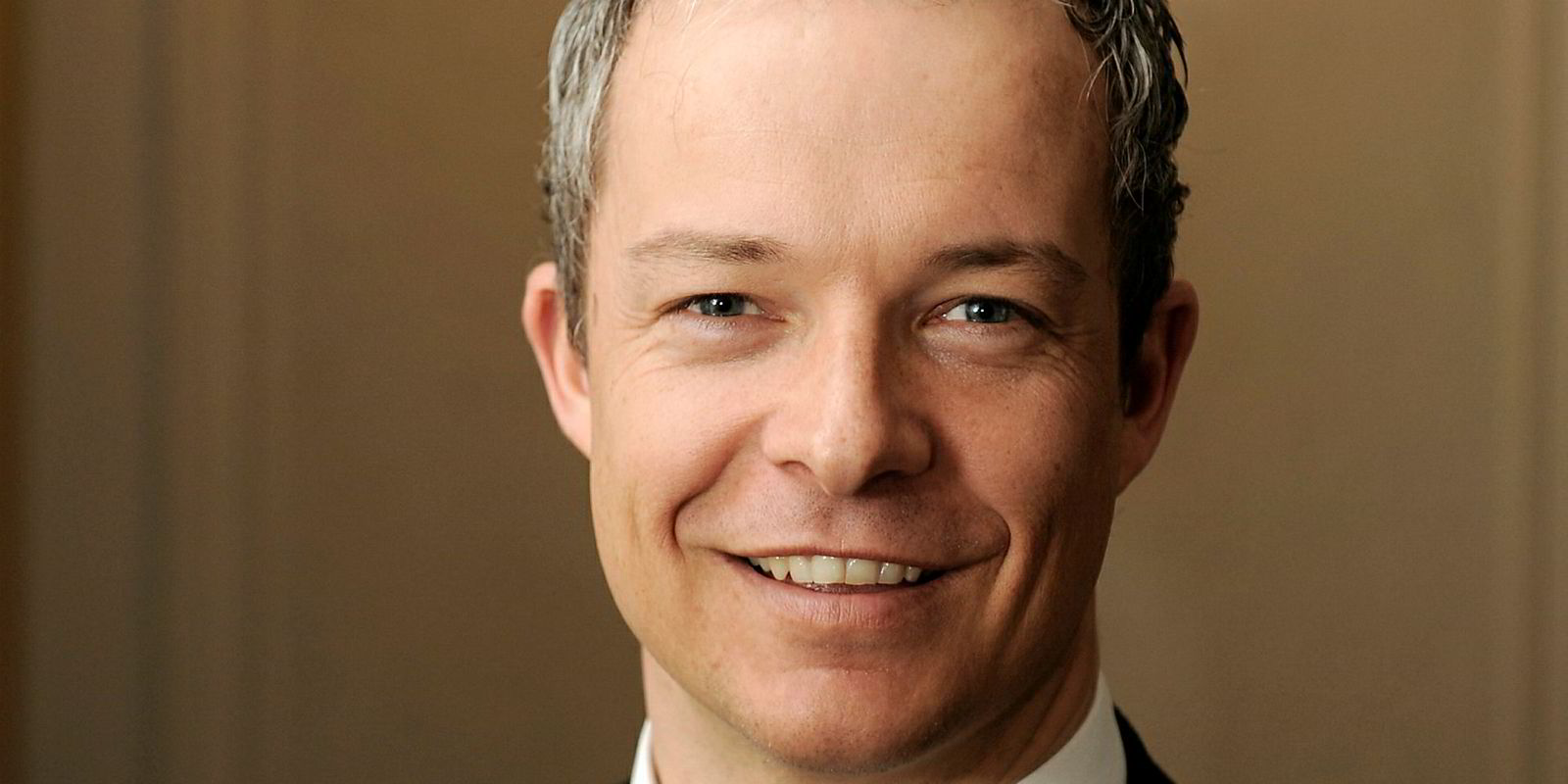The Norwegian marine insurance model of providing comprehensive and wide-ranging cover on a mutual basis, with added service extras, is now fully complete.
Gard, Skuld and the Norwegian Hull Club (NHC) are now providing the full-range of marine insurance products.
Gard and Skuld are both P&I mutuals, which, over the past decade, have diversified into hull and machinery, while NHC is a hull and machinery mutual growing its P&I cover.
It is a strategy that has proved generally profitable, except for Gard last year.
All three pride themselves on the diversity of cover and the strength of their services to members, especially claims-handling expertise.
It is an approach that is distinct from the more commoditised business style of many mainstream marine insurers. It has also proved popular outside Norway, with the big three’s business coming from all of the main global shipping centres.
Ease of growth
Gard chief executive Rolf Thore Roppestad says the diversified mutual approach has allowed Norwegian insurers to grow even through periods of short-term volatility.
“Clearly, in the short term, a high number of claims will make results volatile but, with a mutual set up, we can afford to think long term," he says. "We don’t have to deliver quarterly results to shareholders but instead focus on value creation.”
Another view from NHC chief executive Hans Christian Seim is that being a mutual has taken away pressure to grow. But, he points out, mutuality allows services to be developed that are closely aligned with the needs of its members.
“The benefit [of mutuality] is again the close cooperation with our owners to develop concepts that are responding to their needs, existing or future ones," he says. "As any markets, marine insurance is subject to cyclicality, where growth in the soft cycle is a dangerous path, history would confirm so.
"Not being stock-listed, but governed by mutual board, allows us to manage the cycle carefully without growth as a sole main driver.”
NHC’s strategy is to use its strong in-house expertise to act as claims leader in the ships that it insures. It has taken on the lead role on around 5,600 vessels, from which it can earn both premium income and claims-handling fees if there is an accident.
Now it is bringing that same strategy into the P&I market.
“We have developed significant experience in what’s handled within the P&I segment such as collisions, salvage, general average and reef damages,” Seim says.

“Combining this with our subsidiary, Marine Benefits, servicing over 33 000 seafarers and offering crew P&I, the decision was quite easy.
"Our owners’ P&I service should be recognised as a NHC service with a mutual mindset and offered as a mutual product,” he explains, on the decision to grow P&I.
Similarly, both Gard and Skuld are applying their marine expertise, which was developed in the P&I field, into hull and machinery.
The general strategy is to provide both P&I and hull cover to the same ship so claims handling is less complicated, more efficient and results in a quicker settlement of claims.
Roppestad says that the added-value approach can earn higher premiums in the market.
Skuld is the most recent to develop into the hull market. Chief executive Stale Hansen says being able to provide marine cover across the board is important to the company and is one of the reasons Norway has been successful.
“The Norwegian model is very hands-on and service-minded towards members," he says. "The ability to form a holistic approach to insurance is part of this. To expand the number of services that we have, we support the client — and that has become an important development for the relationship with our members.”

Yet the maintenance of a local maritime cluster is also important to develop the maritime skillsets and provide expertise for the insurers to continue with their service-based approach.
It is especially important that the expertise is maintained throughout the country as the insurers are based in different locations, with Gard in Arendal, NHC in Bergen and Skuld in Oslo.
A national programme to support the maritime industries has been key to helping the big three maintain their competence.
Hansen says: “There is a big focus on what will be next for Norway after the oil runs out, and there is strong support for the ocean industries from the government, not just shipowners but the whole maritime cluster.”
Seim says the framework is in place for the current marine insurance model to run in the long term.
“Brokers are centred in all the maritime clusters in Norway, allowing easy access to competence and market," he says. "Through this, we have been able to build organisations that responds to our clients' needs, whether that is advice on salvage situations, legal advice, support in claims handling, or repair specifications. By doing so, you develop a business model that is more complex and allows for strategic partnerships beyond offering a policy and terms.”
Now the focus is on the future and there is likely to be even more diversification in store. The big three are expanding into offshore energy, renewable energy and aquaculture to develop new business streams.





